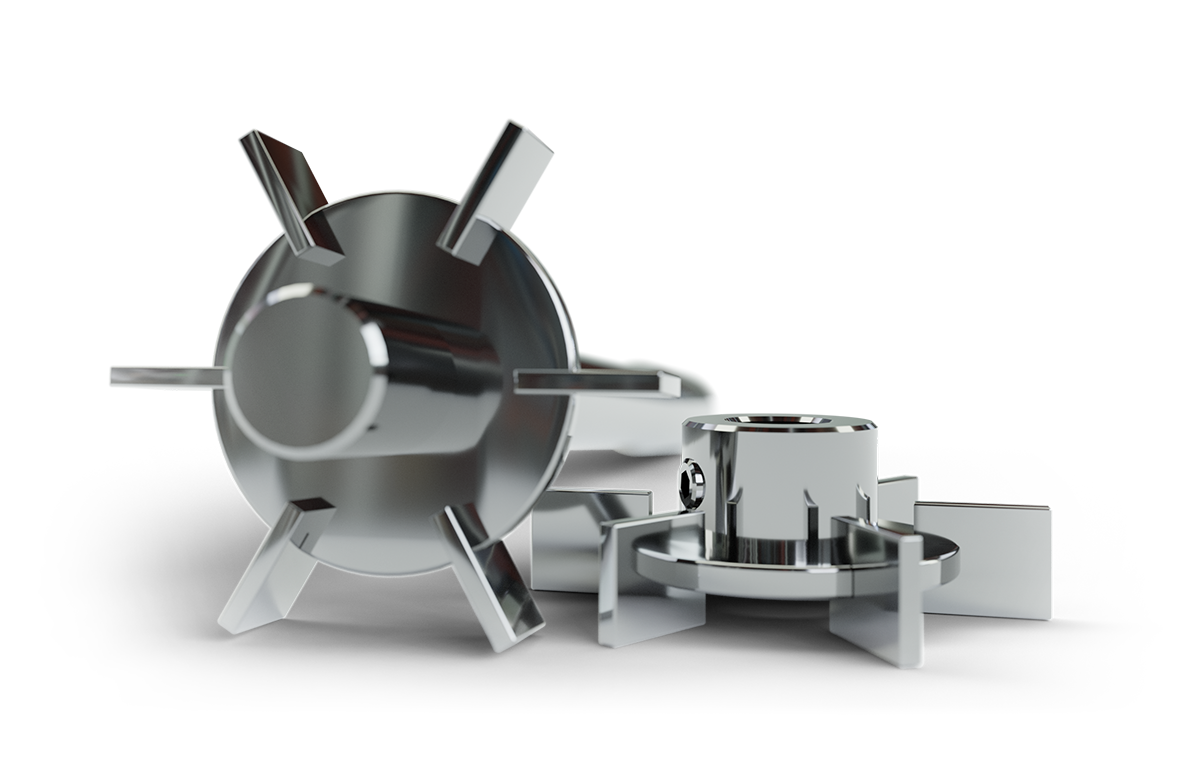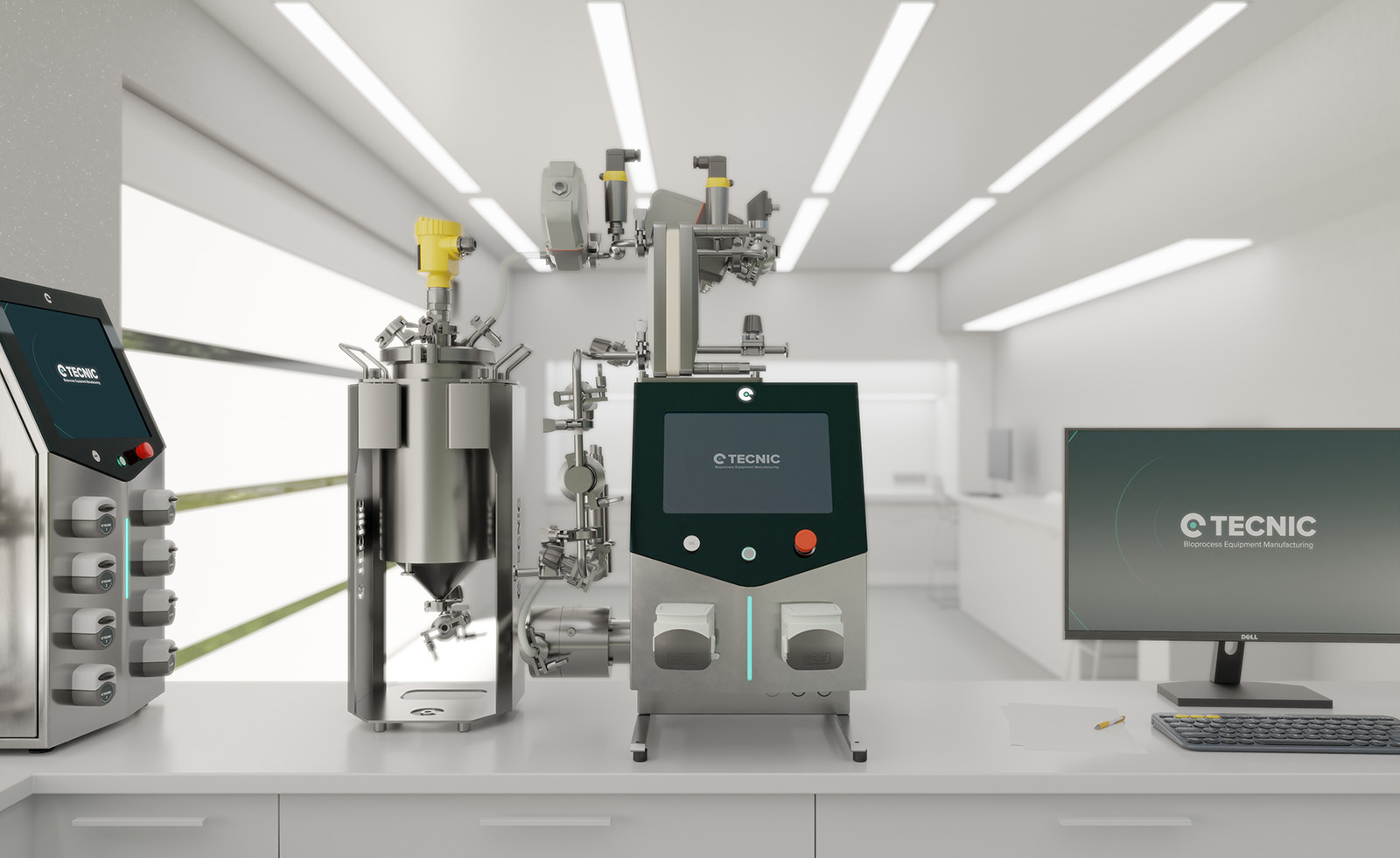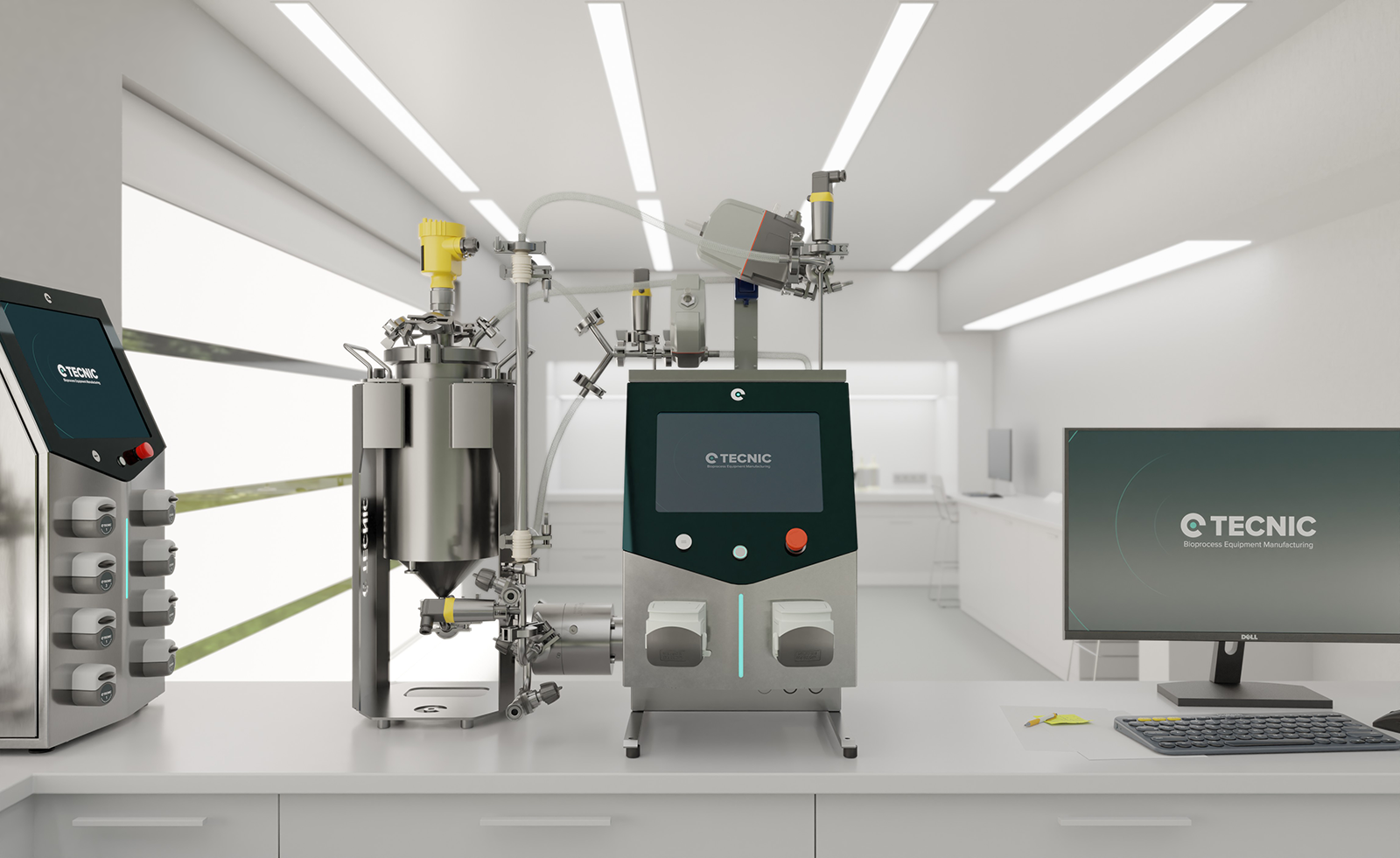Technical insights into probiotic functions and health benefits
Probiotics are essential for maintaining gut health. They are live microorganisms, primarily bacteria and some yeasts, which offer health benefits when consumed in adequate amounts. Found in fermented foods and supplements, probiotics like Lactobacillus and Bifidobacterium species are crucial for the balance and functionality of the gut microbiome. They work by balancing the gut microbiota, a complex community of microorganisms in the digestive tract, interacting symbiotically with resident bacteria and the host's body. These microbes help outcompete harmful bacteria, reinforce intestinal barrier integrity, and modulate the immune system, playing a key role in preventing disorders like inflammatory bowel disease and allergies.
The field of probiotics is evolving, with research focusing on personalized therapies and the relationship between diet, probiotics, and gut microbiota. Key probiotic strains, including Lactobacillus spp. and Bifidobacterium bifidum, have specific functions like aiding lactose digestion and strengthening immune responses. The future of probiotic research is promising, with a holistic approach to understanding their impact on overall health and the potential of genomic technologies to develop advanced therapies.
What are probiotics?
Probiotics, often referred to as 'friendly bacteria,' play a pivotal role in maintaining gut health. The term 'probiotics,' meaning 'for life,' underscores their beneficial aspect in our digestive system. These live microorganisms, predominantly bacteria and some yeasts, confer health benefits when consumed in adequate amounts. Found naturally in fermented foods and probiotic health supplements, these beneficial microbes, like Lactobacillus and Bifidobacterium species, contribute significantly to the balance and functionality of our gut microbiome.
Delving deeper into the probiotics definition, these microorganisms work by balancing the gut microbiota – the complex community of microorganisms in our digestive tract. They interact with both the resident bacteria and the host’s body in a symbiotic manner. Probiotics aid in outcompeting harmful bacteria, promoting intestinal barrier integrity, and modulating the immune system. These actions are essential for maintaining a healthy gut environment and preventing disorders like inflammatory bowel disease, allergies, and even certain neurological conditions.
Moreover, this field is evolving rapidly, with research diving into personalized therapies and their potential in treating specific health conditions. The interaction between diet, probiotics, and gut microbiota is a subject of extensive study, aiming to unlock tailored nutritional strategies that can support individual health needs.
Common probiotic bacterial strains in fermented foods
Probiotic foods and supplement
Incorporating probiotic foods like yogurt and kefir, rich in beneficial bacteria, into the diet is a practical approach to enhancing gut flora. These foods not only provide a natural source of probiotics but also offer other nutritional benefits, such as protein and calcium. Supplements, such as Solgar Advanced 40+ Acidophilus, provide specific strains like Lactobacillus acidophilus in concentrated forms, which can be beneficial for those looking to address specific gut health issues or improve their overall gut microbiome balance.
In addition to traditional fermented foods and supplements, the market is seeing an increase in fortified foods with added probiotics. These include non-dairy yogurts, beverages, and even snack bars, offering more ways for individuals to incorporate probiotics into their diet.
Future directions in probiotic research
Ongoing research continues to unravel the complex interactions between probiotics, gut health, and overall well-being. The field is moving towards a more holistic understanding of how these microorganisms influence not just the gut but also the brain, immune system, and even the skin. This opens avenues for more targeted and effective applications, emphasizing the importance of tailored advice from healthcare professionals.
Additionally, the advent of genomic and metagenomic technologies is revolutionizing our understanding of probiotics. These technologies are enabling researchers to explore the vast genetic potential of probiotic strains, paving the way for next-generation probiotics with enhanced therapeutic capabilities.
Explore our complete range of equipment
Our bioreactors are designed for diverse applications, ensuring efficiency and quality. Discover our full range of biotechnology solutions, including Bioreactors, Tangential Flow Filtration systems, and more. Visit our pages for Bioreactors ⇀, Tangential Flow Filtration ⇀, and Contact ⇀ for further information and inquiries.







